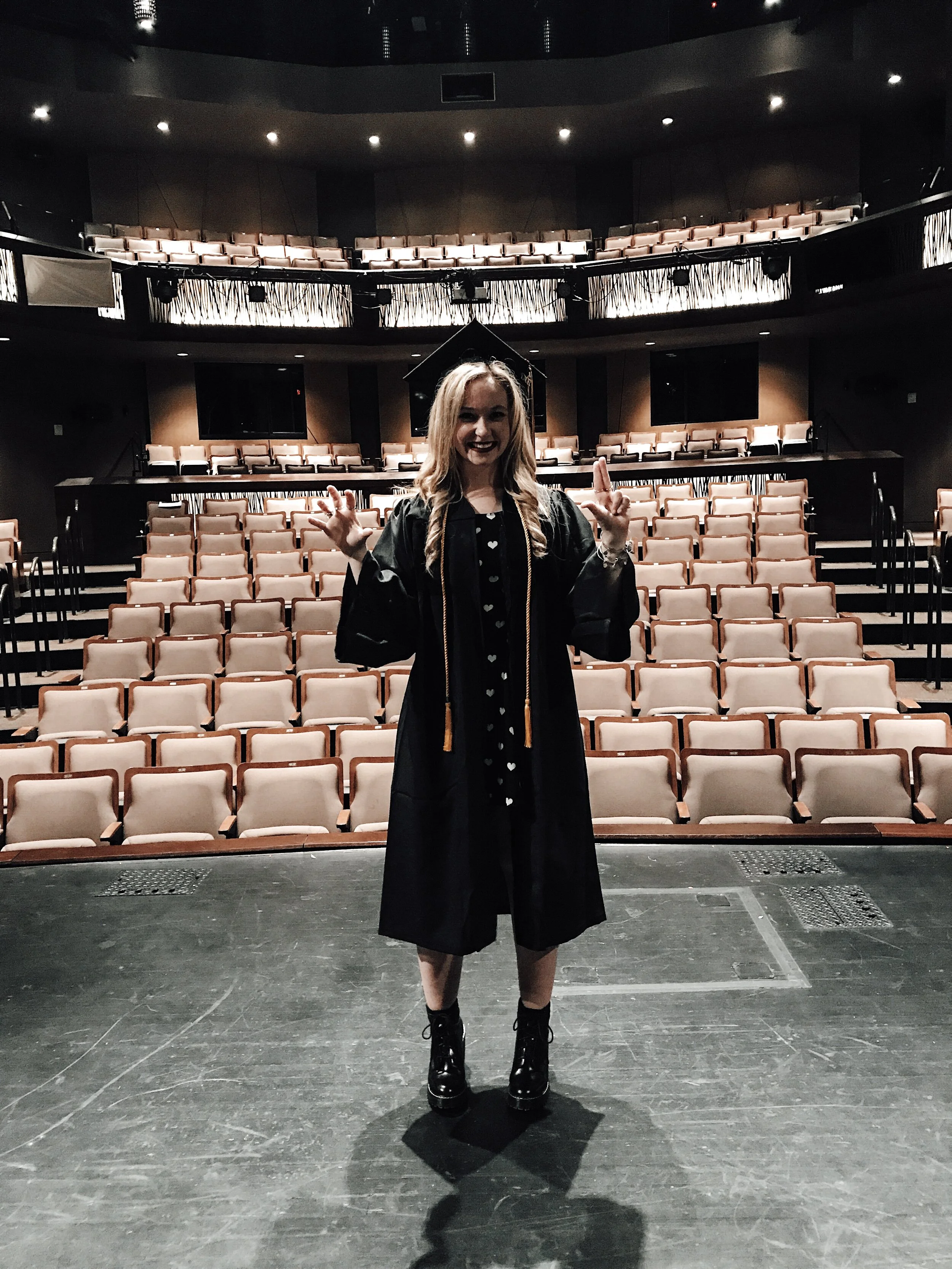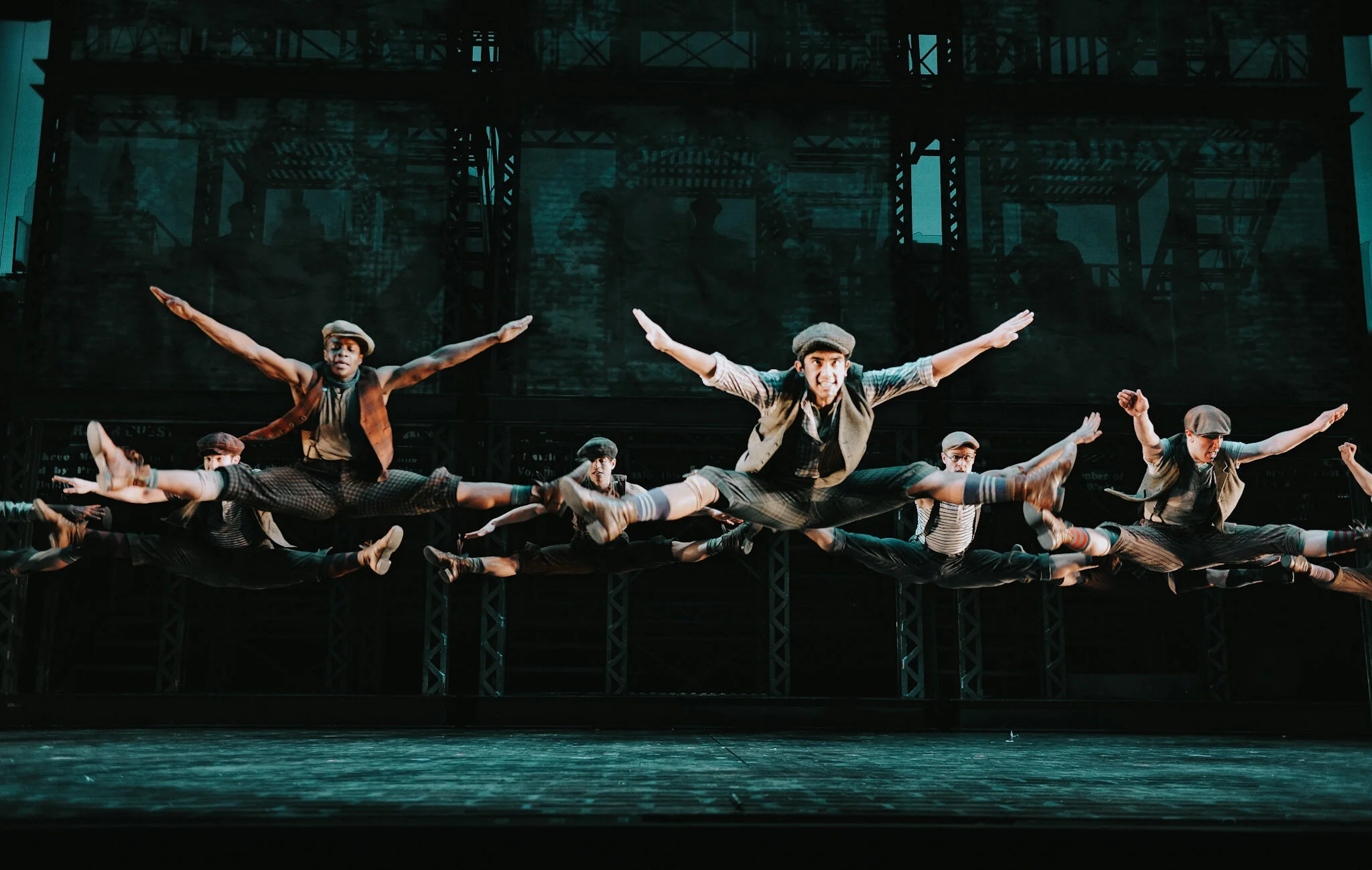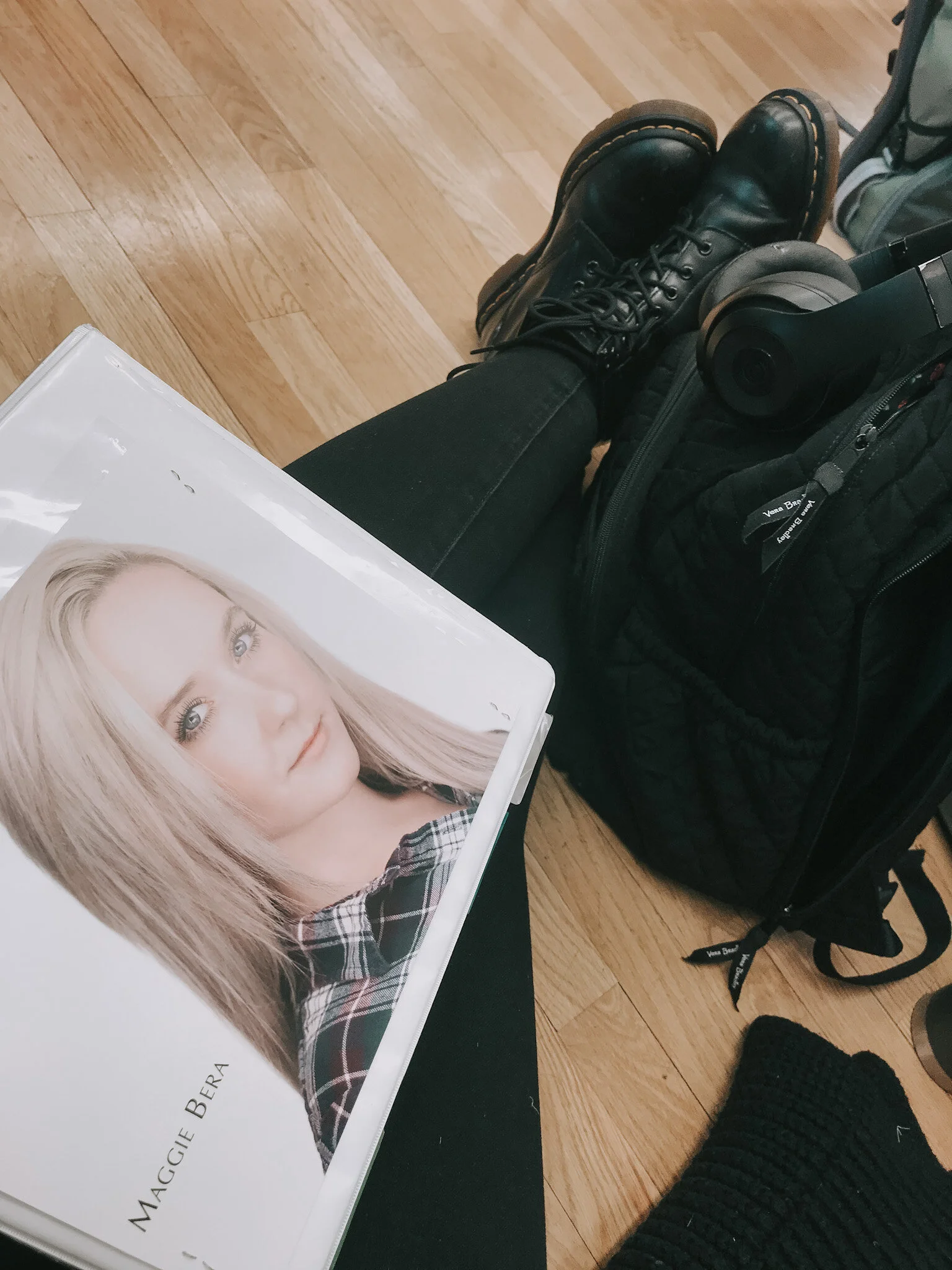5 Tips For Dealing With A Not-So-Great First Musical Theatre College Audition
Struggling with afterthoughts about your first college audition?
You’re not alone.
No one is amazing at anything the first time they do it. And certainly no one has a perfect first college audition. (Under that stress? No way.)
Everything has a learning curve. Trust that you will get better with time.
Here are my top 5 tips for dealing with a not-so-great first musical theatre college audition.
1. You may be overthinking it.
Sometimes, actors have a disconnect between how they think an audition went, and how the audition actually went.
We tend to be overly critical of ourselves.
Unfortunately, you will never know what the people behind the table think. You can’t read minds, you can’t travel back into time, and you can’t know what the future holds. All you can control is your attitude, work ethic, and the energy you put out into the universe.
Honestly, you may be overthinking it.
2. The first audition will never be your best.
I’ve often heard college audition coaches suggest that prospective students should place their reach school auditions towards the end of their college audition schedule. This certainly will help calm your nerves.
Over time, you develop a confidence in doing something more than once. Give yourself a break - it’s just the first one!
My personal philosophy is that you have to have a really short-term memory in this business. If something truly didn’t go well, acknowledge that, make a change if it’s needed, and then move on. As you continue to pursue performing, you’ll realize that this industry is filled with daily rejections, bad auditions, and endless what-if moments. If you let the past consume you, you won’t be able to do your best the next time you get the chance to perform.
3. Take some time to reflect and feel all the feels.
Journaling can be a very therapeutic method of reflection. There’s no harm in reflecting on the pros and cons of your audition. Jot down your thoughts about the day, what happened in the audition room, why you feel the way you feel, and cut yourself some slack.
Confront your negativity—on paper.
Write down the lies—the negative self-talk, self-doubt—and then combat that with what you know to be true, what you're capable of. Putting that on paper helps to acknowledge the negative, while not letting it overtake the positives in your life.
Auditioning is hard.
College auditions are even harder. They are a beast in and of themselves.
I come from the belief that, in a process that can take a toll on you physically and mentally, it’s important to let yourself feel all the feels. Sad? Cry about it. Angry? Yell into your pillow or go for a run. Letting out your emotions now will free you of any internal toxicity that may find its way into the audition room.
4. Do something for you.
Go see a movie with your friends. Call your family. Check in with your loved ones. Read a book. Paint. Draw. Go for a hike. Take a walk. Get some sun. Meditate. Pray. Take a hot bath. Eat your favorite ice cream. Drink more water. Jam out to music. Write some poetry. Go to the mall. Splurge a little. Decompress. Ask for help if you need to.
Practice self care, and do something for you. You deserve it.
5. Remember your “why.”
There’s a reason, whether you know it or not, that made you want to continue your training at a collegiate level. You could have gone to college for something else. You could have studied Mathematics, Physics, Psychology, Journalism. You could have even skipped college altogether. But at some point, you decided you wanted to pursue a degree in musical theatre.
And now I want you to remember your “why.”
Why did you start performing in the first place? Why do you love musical theatre? Why is it so important to you that you continue your journey in college?
Trust the process. You will end up exactly where you belong.
All my love,






























6 of the most important lessons I learned from applying to BFA programs in the US.